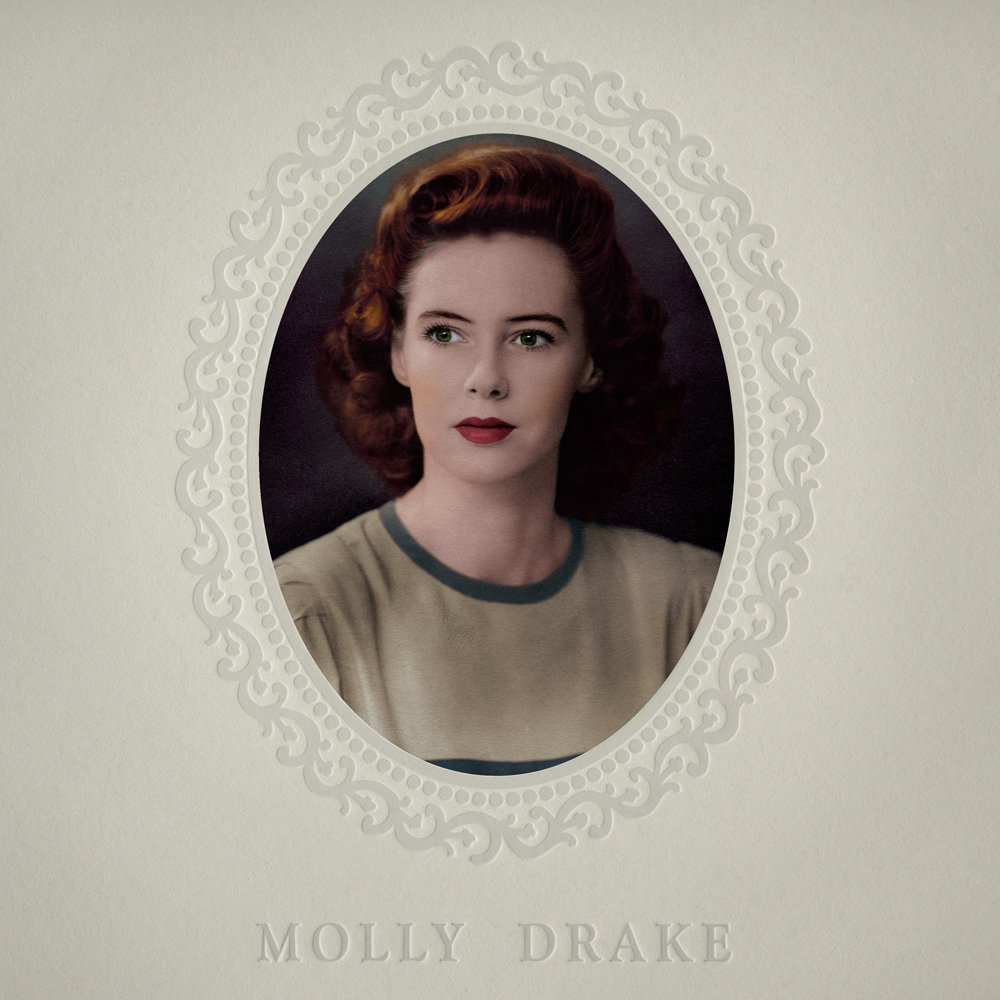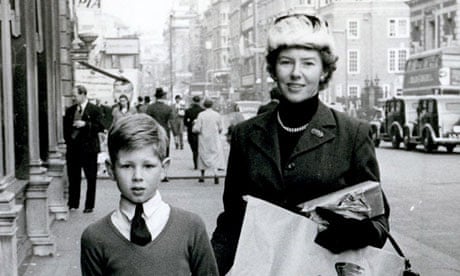
If time travel were possible, there are a few times and places I wouldn’t mind visiting: Abbey Road studios, Woodstock, Nirvana’s last show – standard stops on the musical time traveler’s itinerary.
But, perhaps more than any other destination, I would love to have been at Molly Drake’s house during her 1950s recording sessions.
Molly Drake composed and recorded several songs, including this one, at her home in a small village in England. Her husband Rodney, an engineer who sometimes wrote comic operettas, operated the reel-to-reel tape. Their two children might have been at school. Or maybe playing outside. Or maybe upstairs reading, with the muffled sound of the piano decorating the background.
Molly was nearing 40, with many adventures behind her, and much sadness ahead.
She was born in colonial Burma and educated at a boarding school in England before moving back to Rangoon in the late 1930s. She had just enough time to meet and marry Rodney before Japan invaded, Rodney enlisted, and she fled to India with her sister, Nancy.
While in India, Molly and Nancy became co-hosts and performers on All India Radio in Delhi. She wrote some of her own songs, but never performed them, sharing her work only with her sister.
The war ended, she moved back to Rangoon with her husband, and soon her children were born. They decided to move back to England while the children were still young, and it was there, in the privacy of her home in Warwickshire, that she finally recorded some of her wonderful music.

Her recordings remained private, but the music that filled the house obviously had an effect on her son, Nick, who would release three records of his own. Nick Drake’s posthumous fame, and his fans’ thirst for absolutely every musical note he ever recorded, is what eventually led the Drake estate to release the compilation album Molly Drake in 2013.
Molly’s music feels much older than the 1950s. It feels like it belongs to an earlier generation, maybe Edith Piaf’s generation or even earlier. This makes the nostalgia on a song like this one even stronger.
What makes this a beautiful song:
1. The poetry. She sings four memories from a couple’s life together; memories which for one person are fond, but for the other are, at best, neutral. I remember firelight, and you remember smoke…I remember oranges, and you remember dust. Or the heartbreaking final line, I had thought that we were “we” but we were “you and me.”
2. Her voice. It’s hard not to hear the resemblance to Nick’s own voice: soft, careful. Just like Nick, Molly sings as if she doesn’t want anyone to overhear.
3. If you turn up the volume right at the end, you can hear her husband Rodney, just before he turns off the tape, saying, “I should think that’s pretty good.” The love in his voice, the quiet warmth of the recording, and the tragedy of their son’s death – which would happen in the same house twenty years later – just makes me want to get in that time machine and give the two of them a big hug.
Recommended listening activity:
Looking at photos of your parents from when they were the same age you are now.